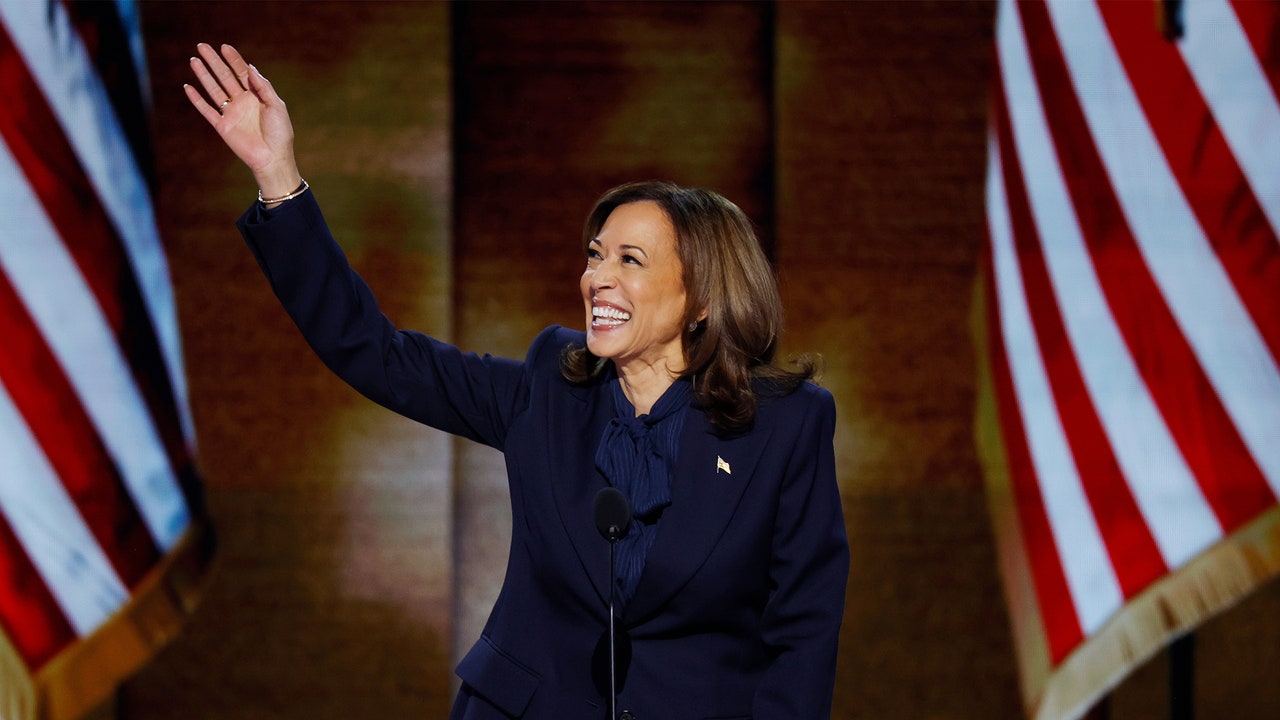
There are a lot of reasons for Democrats to be optimistic heading into Election Day. Seventy-seven percent of Democratic voters say they’re enthusiastic about going to the polls to vote for Kamala Harris—a huge leap from just 55% in March, when Joe Biden was still at the top of the ticket, and from 50% in 2016, when Hillary Clinton ran against Donald Trump. There are positive signs in hotly contested Pennsylvania, where new Democratic women—a group defined by not having voted in the 2020 election—appear to have made up a decent portion of the early vote.
It should be no surprise that the data looks rosy right now for Harris: Her volunteer army, directed from 353 field offices nationwide, is clearly galvanized in a way that, say, Elon Musk’s undercompensated, exploited, U-haul-driven volunteers are not. She is also presenting a vision that is focused on the actual needs of voters, while Trump has offered his quintessentially weird (though significantly darker and slightly dumber) mélange of racism, misogyny, and grievance.
While the polls have been excruciatingly tight for months, pollsters and pundits may still be underestimating what could be the biggest factor in 2024: The loss of Roe was seismic to women, especially those who were alive before 1973 and saw the right to bodily autonomy given to them but stripped away from their daughters and granddaughters. Supreme Court justice Samuel Alito might have dismissed the potential damage of the overturn, arguing that “women are not without electoral or political power,” but female voters have taken his dismissal as a dare, as evidenced by the 2022 midterms and 2023 elections. They are already outpacing their male counterparts by a significant margin in early voting. And if my theory is proven correct on Tuesday night, it will mark yet another instance of women—and particularly older women—being discounted and ignored.
Consider the latest findings of Ann Selzer, the prominent Iowa pollster who has correctly predicted the state’s winner in every presidential election since 2008. This past weekend, she released her last preelection poll, showing that Harris was pulling ahead of Trump in the right-leaning state, 47% to 44%. The data dumbfounded pundits who never would have imagined that the vice president stood a chance in a state Joe Biden lost by eight points. But Selzer picked up on something they didn’t: the post-Roe voting bloc.
Trump was leading Biden by 18 points in an Iowa poll in June, but by September, Trump’s lead had shrunk to 4 points. Two significant things happened in the time between the polls: One was the emergence of Harris, whose rollout has been seamless and who has raised more than a billion dollars, while the other significant event was Iowa’s six-week abortion ban taking effect in late July. Abortion bans don’t just affect abortion; they affect standard prenatal care, IVF, and the number of doctors who perform ob-gyn services in a state.
Another factor that pundits and pollsters probably aren’t fully taking into account is Harris’s bipartisan appeal. A lot of liberals didn’t love that Harris was campaigning and doing town halls with Republican Liz Cheney. But there is a very real chance that older women—even older Republican women—will cross party lines because of such efforts. Harris created a permission structure for GOP dissent, signaling to voters that Trump was not a normal Republican and that it was okay for them to vote for a Democratic candidate whom they might not normally back. Harris’s inroads with Republican women were only made possible by the fact that she really is a very strong candidate—a leader who can stick to a firm political thesis without alienating those who aren’t fully on board. She made her closing argument about pragmatism and compromise, a message that appeals to more centrist voters.
We don’t know what’s going to happen in the next 24 to 48 hours, but I think we’ll look back on this election cycle and see that, once again, a woman of color was greatly underestimated. We’ll also reflect on this race as one in which women voters were underappreciated. Harris has been magnificent; she’s grown into an oratory style all her own. I think Harris has reproduced a magic similar to Barack Obama’s 2008 coalition. But her coalition is ever broader because it includes Republican women, who know that they may lose even more of their rights if they put their vote behind Trump.




